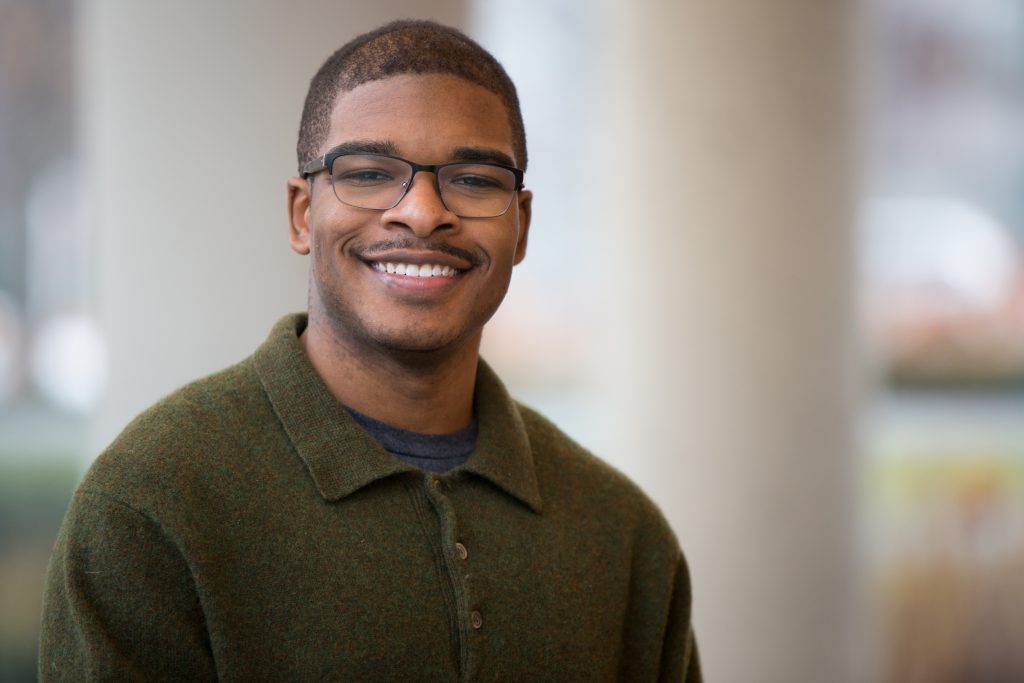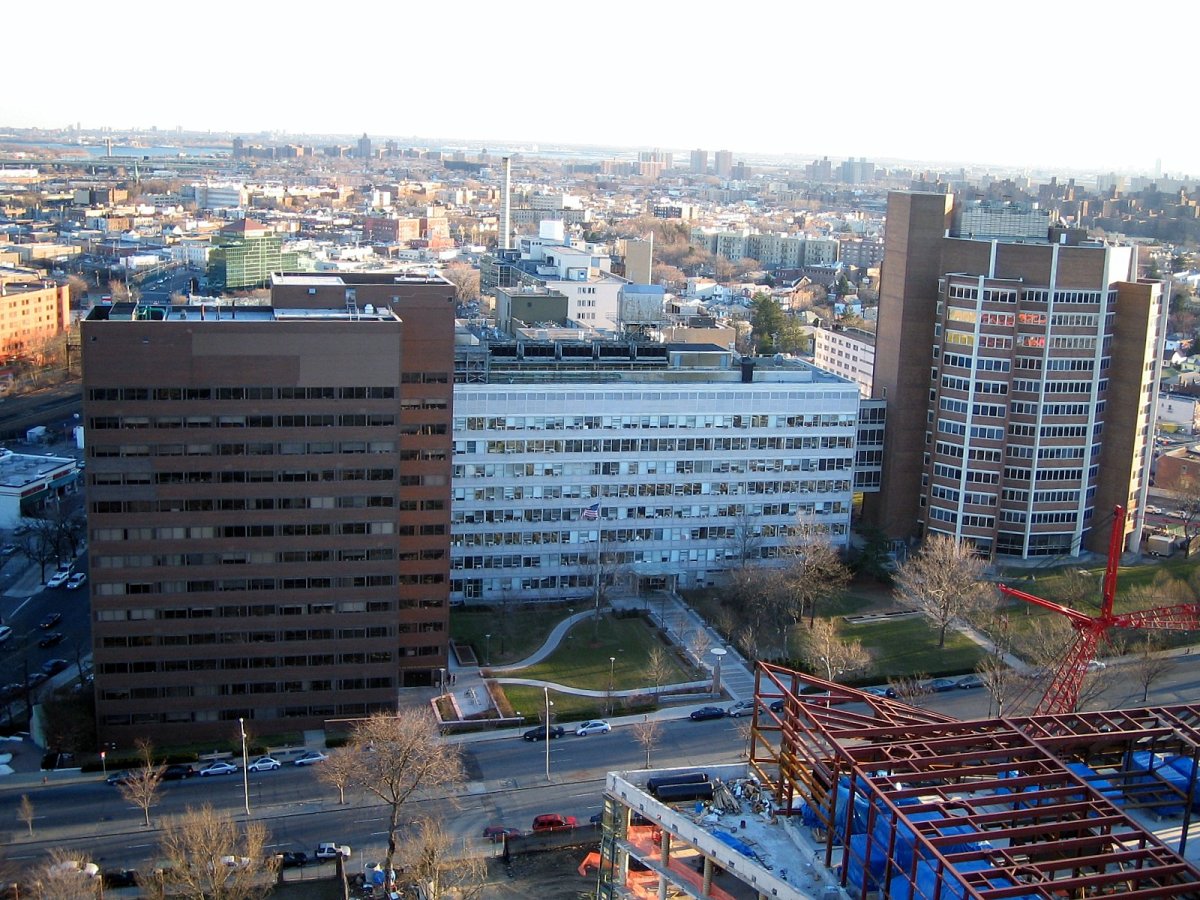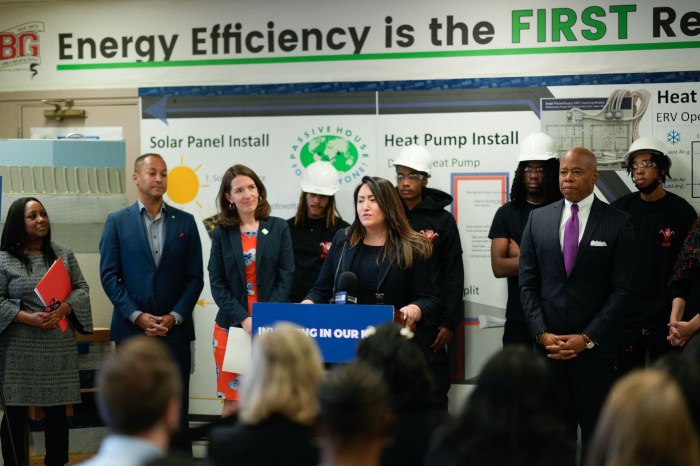A program meant to help struggling prospective medical students of color could end this year, worsening the disparity between white doctors and doctors of color practicing in New York state.
Since 1991, the Associated Medical Schools of New York’s Diversity in Medicine Programs has worked to help diversify the state’s pool of physicians, which is only 12 percent Black and Hispanic, according to data from AMSNY, by serving as a pipeline for students of colors trying to get into medical school.
Under the program, students of color who failed to get into medical school is New York can be referred to the Diversity in Medicine Program which then places students into either a post-baccalaureate or master’s degree program. After students complete their course work, they are automatically admitted in one of 16 participating medical school. The program has been funded by the the state Department of Health since 2002 and has cost $1.2 million over the past three years.
But Governor Cuomo’s 2020-21 preliminary budget calls for scrapping DOH-funded program along with a handful of others like Empire Clinical Research Program, Graduate Medical Education and Doctors Across NY.
Not only is the program important because of how it helps aspiring physicians but having a more diverse hospitals helps with patient care, said Wiederhorn. Something that fourth-year medical student Sebastian Placide and alum from the AMSNY’s post-baccalaureate program at the University of Buffalo has witnessed first hand.

While caring for patients suffering from sickle cell disease, Placide recalled that their complaints about pain turned into “background noise” for some of his colleagues. “I often had to be the one to step in and say, this patient wouldn’t be here if they weren’t experience pain.”
About 94% of students who go through the program graduate from medical school, according to Jo Wiederhorn, president and CEO of AMSNY. “The program is very successful, very effective and they are not very expensive,” said Wiederhorn. “For the return we get off these programs they are an excellent return on investment.”
When asked about the proposed removal of the program, a DOH spokesperson said that it would be continue to be reviewed through the budget process “to ensure the State’s health care system is sustainable and continues to provide high quality care for the long-term.”


































